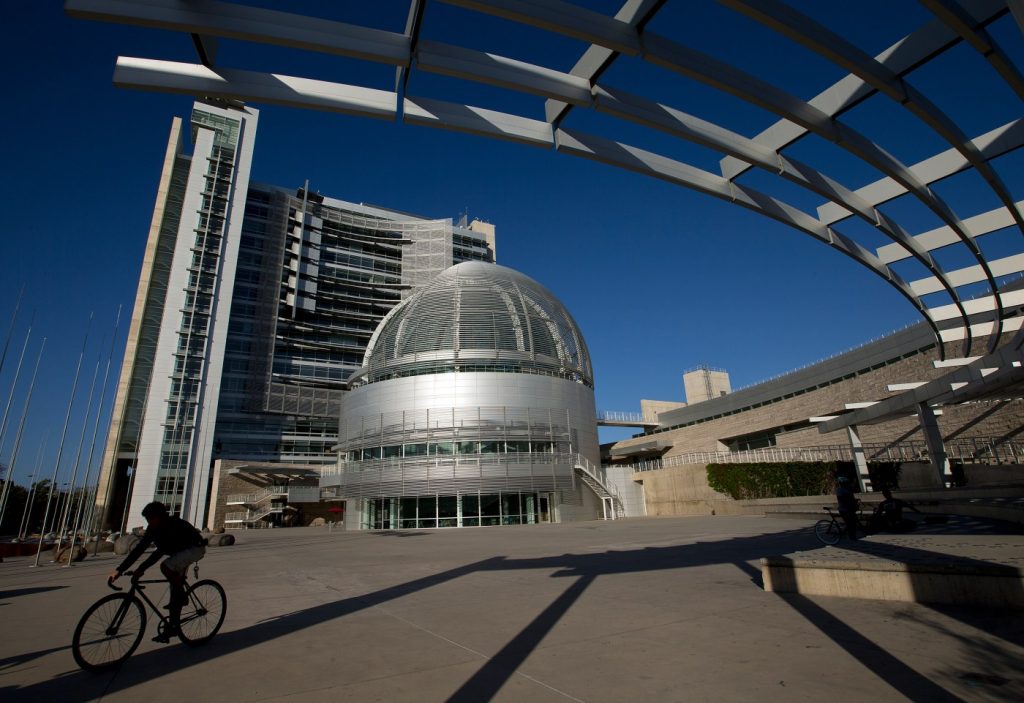As the San Jose City Council approved the 2024-25 $5.3 billion budget on Tuesday evening, it shifted more than $23 million that was previously allocated to build permanent affordable housing to a tranche to support the city’s unhoused population and fund shelter construction and operations.
The battle over how to use Measure E dollars — a real estate transfer tax for properties over $2 million — reared its head once again in this year’s budget process. The tax, which was passed by voters in 2020 and is expected to generate $50 million in the next year, originally had set spending priorities that dedicated a majority of the money for permanent affordable housing. But last year in an effort to curb homelessness, Mayor Matt Mahan proposed spending more heavily on interim solutions.
Despite pushback from housing advocates, the council last June moved $12.3 million away from affordable housing to support initiatives like safe parking and tiny homes. Mahan had originally proposed a diversion of $38 million.
On Tuesday evening, the council unanimously approved the budget, as well as the reallocation of Measure E money that diverts $13.17 million away from extremely low income housing, $9 million away from low income housing and $1.37 million away from moderate income housing to homelessness support programs.
“I think we’ve done a really good job at balancing a lot of different community needs including some significant new commitments under our stormwater permit, but also maintaining a commitment to affordable housing, other strategic investments in core focus areas like public safety, cleaning up our city and attracting investments in jobs and housing more broadly,” Mahan said at the meeting.
The mayor says that some of the diversion of funds — $15 million to be exact — is needed to comply with a state mandate from the San Francisco Bay Regional Water Quality Control Board to clean up San Jose’s waterways by June 2025. If the city doesn’t make plans to relocate the roughly 500 unhoused people living along the creeks, San Jose officials said it could risk tens of thousands of dollars in daily fines.
The diversion of funds that were previously allocated for permanent affordable housing for the second year in row troubled many housing advocates and nonprofits — including Destination: Home
“When the measure was adopted in 2020, the original spending plan called for allocating 90%
of the funding to build more affordable housing,” Destination: Home CEO Jennifer Loving said in a letter to the mayor and the council. “Now, just four short years later and after multiple shifts of these dollars to other uses, only 25% of the funding remains for affordable housing production.”
Although the vote to reallocate the funds was unanimous, several members of the council, including Councilmember Peter Ortiz, wanted to ensure that it didn’t set a precedent. Ortiz said that the need to comply with the state mandate around the city’s waterways “twisted our arms and forced us to cough up funding to implement this plan.”
“I want to be clear, the current strategy of prioritizing EIHs (emergency interim housing) over affordable housing isn’t ending the crisis of homelessness, it’s hiding it,” Ortiz said. “Let’s call it what it is, it is a bridge to nowhere.”


